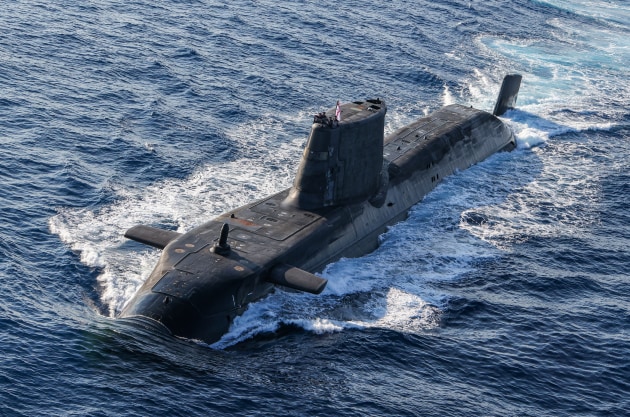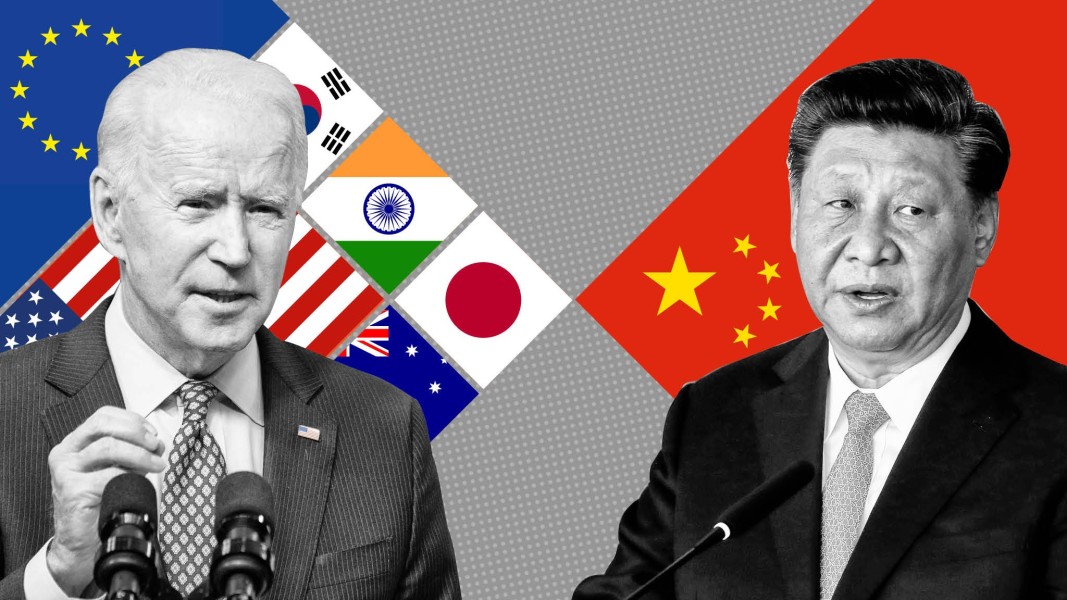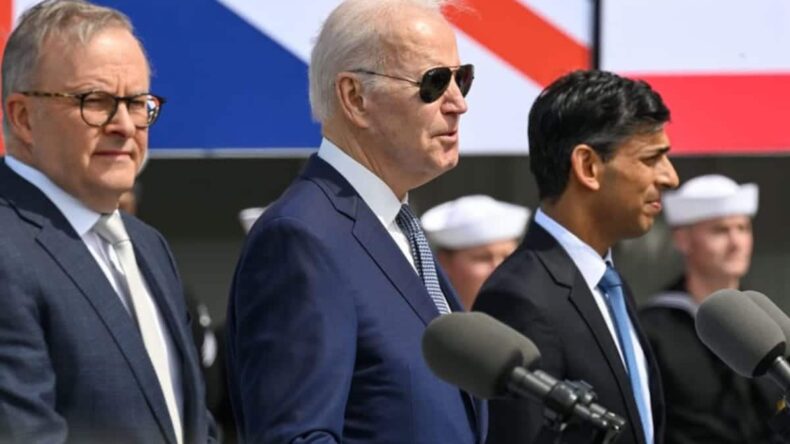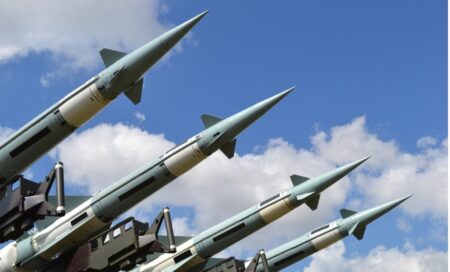Table of Content
- What is the AUKUS submarine deal?
- AUKUS is countering China in the Indo-Pacific
- Other countries’ reaction to the AUKUS deal
Australian Prime Minister Anthony Albanese justified the decision to purchase nuclear submarines for A$368 billion ($244.06 billion), following criticism from two former leaders who raised concerns about the deal’s cost and possible impact on sovereignty.
The AUKUS deal, which was announced in San Diego, involves Australia acquiring the U.S. Virginia-class submarines and collaborating with Britain on the production and operation of a new class of submarines known as SSN-AUKUS.
Former Australian Prime Minister Malcolm Turnbull expressed his frustration that “expressing concerns about the AUKUS deal resulted in accusations of lacking patriotism.”
On the other hand, Paul Keating, who served as Prime Minister under the Labor Party, stated that “the AUKUS agreement was the worst foreign policy decision made by the party since its failed attempt to introduce conscription during World War I.”
He further said, “Choosing nuclear submarines as part of the U.S-Britain alliance instead of conventional alternatives would limit the country’s capacity to operate independently of the United States”.
In response to criticism from former prime ministers Malcolm Turnbull and Paul Keating, Australian Prime Minister Anthony Albanese argued that ‘the nuclear submarine deal was essential due to the increasing military capabilities of China in the region, which are the greatest since the Second World War’.
What is the AUKUS submarine deal?
AUKUS is a trilateral defence pact among Australia, the UK, and the USA. In the recent meeting of leaders of these countries at the Naval Base Point Loma, USA, they announced their intentions to equip Australia with nuclear-powered submarines by the early 2030s as a strategy to counter China’s aspirations in the Indo-Pacific region.
As part of the agreement, the US plans to supply Australia with three Virginia-class nuclear-powered submarines in the early 2030s.
The project will consist of multiple stages, including Australia and the UK to jointly produce and operate a new type of submarine called SSN-AUKUS, which will be developed by all three countries and have their most advanced technologies and capabilities.

The agreement’s primary objective is to demonstrate a collective dedication to promoting a “free and open Indo-Pacific region.”
The deal is the biggest for Australia, using British design and US technology.
AUKUS is countering China in the Indo-Pacific
The new alliance is seen as a counter to Chinese aggressive military exercises in the South China Sea. Moreover, Chinese claims over the Taiwan Strait further escalate western fears.
The idea of deploying a naval fleet, including nuclear-powered submarines based in Australia, would make the journey to the South China Sea quickly.
China has reacted to this deal, calling it a “wrong and dangerous path”. Beijing has directly warned the US to not contain and suppress China and has accused the west of encircling China in the Indo-Pacific.

Russia has also shown concern in the wake of recent developments, as Australia will join the group of countries that use nuclear-powered submarines, which raises concern over a violation of the Non-Proliferation Treaty regime.
US President Joe Biden insisted that submarines would be nuclear-powered, not nuclear-armed.
Other countries’ reaction to the AUKUS deal
New Zealand, Malaysia, and Indonesia have indicated more of a muted discomfort.
India has not reacted yet, but New Delhi, which portrays itself as the ‘big brother’ of South- Asia or the “voice of the Global South,” should make sure that the latest announcements do not increase the hostilities between the US-led alliance on one side and Russia-China on the other.
The latest move should serve to make the Indo-Pacific more open, free, and transparent rather than a battlefield to accelerate global conflicts.













